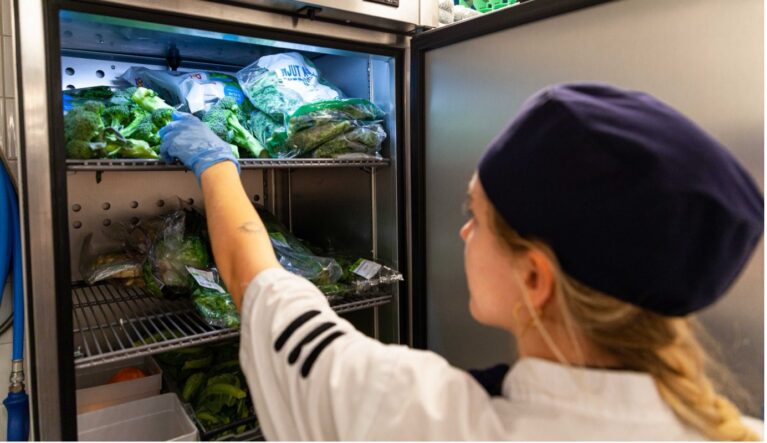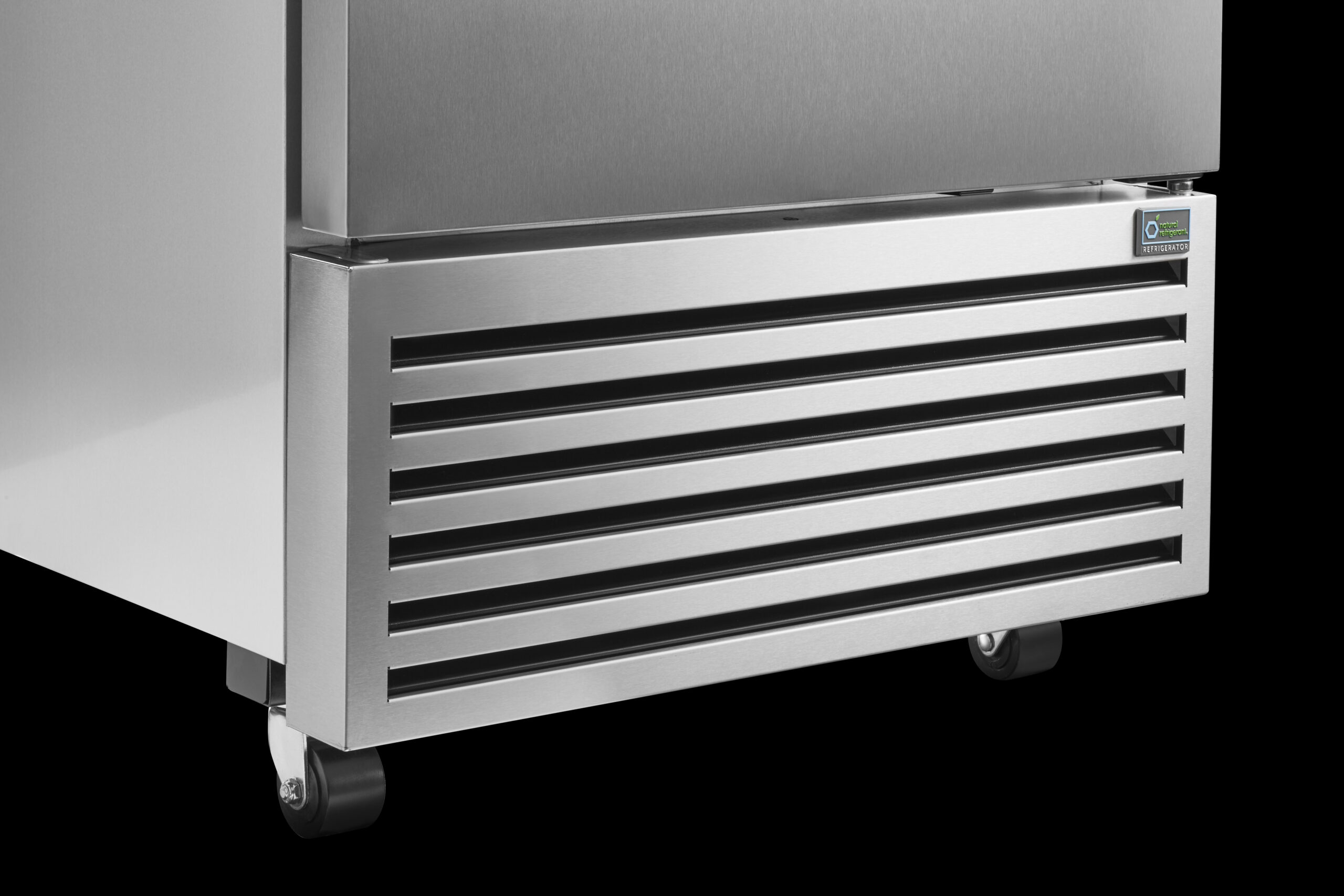Why you should choose True Refrigeration’s upright cabinets


When it comes to running a successful commercial kitchen, having reliable refrigeration is an absolute must. Whether you’re storing fresh produce, dairy products, or meat, it’s essential that your refrigeration units are installed correctly to ensure they’re functioning efficiently and effectively.
There are several key factors to consider when installing your commercial refrigeration including location, ventilation, and insulation. Each of these factors play a crucial role in your refrigeration’s performance and energy efficiency. When selecting a commercial refrigeration unit for your business, it is important to select a product that’s designed with these factors in mind.
When you choose a True Refrigeration unit, you can rest assured that you’re investing in a product that will perform reliably and efficiently for years to come. Our units are designed with high-quality materials and advanced features to withstand the demands of a busy commercial kitchen, ensuring that your food stays fresh and safe for your customers to enjoy.
The first thing to consider when installing a commercial refrigerator is its location. A poorly placed unit can cause issues with temperature control, potentially leading to food spoilage and waste. The ideal location for a commercial refrigerator is in a cool, dry, and well-ventilated area. If possible, the refrigeration unit should be placed away from external walls, direct sunlight and any sources of heat, such as ovens and stovetops.
True Refrigeration products have a strong reputation in maintaining precise temperature control, making them the perfect solution for commercial kitchens. True’s range of products have an advanced digital temperature control system, which ensures the temperature inside
the unit remains consistent and accurate. True have also championed the use of a bottom-mount on their upright cabinets, as heat rises and compressors perform better in cooler conditions. These True Refrigeration product features work to ensure that your businesses produce stays fresh and safe for your valued customers.
Proper ventilation is another crucial factor in commercial refrigeration installation to ensure optimal performance and longevity. The ideal ventilation setup will depend on the type of unit being installed. Most commercial refrigeration manufacturers, including True Refrigeration, recommend keeping a gap of at least 20 centimetres to allow for effective ventilation.
True Refrigeration units are designed with ventilation and space in mind. All of True’s under counter and prep table units require zero clearance to the cabinet sides and back. This is due to True’s development of the front breathing feature, allowing these units to be positioned seamlessly side-by-side for optimal use of space, while maintaining effective ventilation.
Insulation is also an essential factor in commercial refrigeration installation. Proper insulation helps to maintain the desired temperature inside the unit, reducing the load on the compressor and improving energy efficiency. Insulation also helps to prevent condensation, which can lead to moisture build up and mould growth.
True Refrigeration units are designed with high-density, foamed-in-place insulation for maximum energy efficiency. Our doors feature magnetic gaskets for a tight seal, and our TGN units feature a semi-rebated door design with a large plastic thermal break around the perimeter. This creates a better seal, combined with increased insulation thickness throughout the entire cabinet for improved thermal efficiency. These features help to ensure the units stay at the desired temperature, reducing the risk of food spoilage and waste.
Contact us today to learn more about our products and how we can help you select the right refrigeration unit for your business.